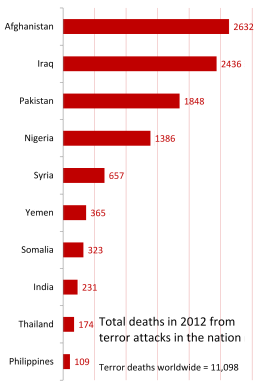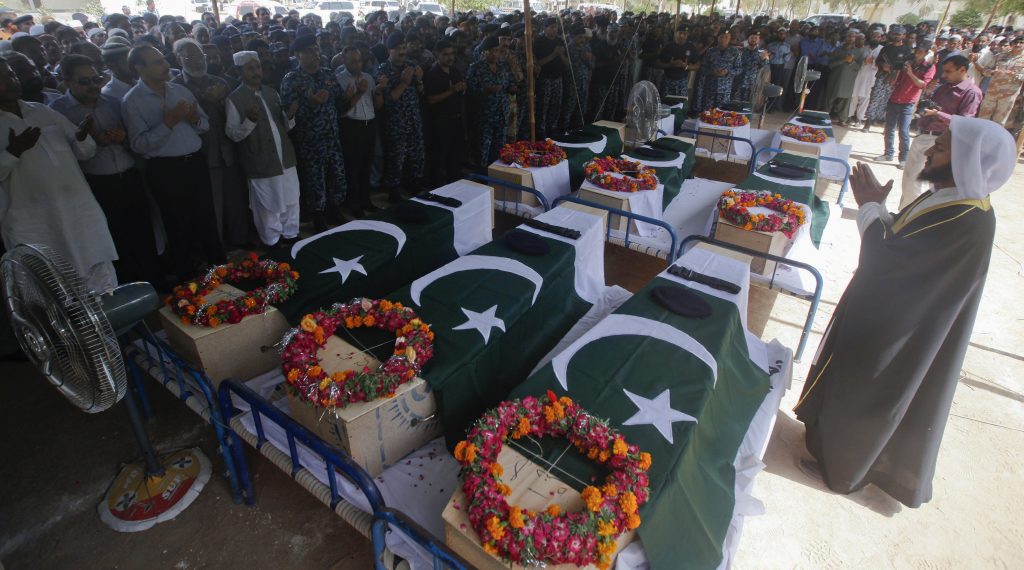Straight Talk | India's Lack of Retaliation to Rising Terror Attacks
The latest attack in Jammu’s Kathua district on Monday claimed the lives of five army personnel, leaving five others injured. All is not well in Jammu and Kashmir. Terror attacks are picking up pace, even as an obvious pattern emerges between the rise in attacks and Narendra Modi’s third term in power. Just as Modi and his council of ministers were taking oath at the forecourt of the Rashtrapati Bhawan on June 9, a heinous attack against Hindu pilgrims in Jammu’s Reasi district left nine dead and several others injured. What followed was a series of attacks against the Indian armed forces in the region, none of which resulted in Pakistan being punished across the border.

Rising Security Concerns
The face-offs between security forces and terrorists have risen substantially in the past few months. Interestingly, the theatre has shifted from the Kashmir valley to Jammu, in what is seen as a broad attempt by both Pakistan and China to bog down Indian forces in three separate regions – Kashmir, Jammu, and Ladakh. This allows China sufficient legroom to force Indian forces to stay put in Jammu and Kashmir and not get diverted to the Ladakh front to face off against the People’s Liberation Army.
Motivations for Attacks
The recent attacks are meant to serve as a direct challenge to Prime Minister Modi, especially amidst the upcoming assembly election in Jammu and Kashmir. The spike in terror attacks is an attempt to destabilize the region and dissuade both voters and the government from participating in the election process.

Shift in Pakistan’s Strategy
The recent attacks signal a shift in Pakistan’s strategy. While large-scale attacks may have been hindered, their shoot-and-scoot approach is proving effective. Pakistan’s ability to conduct small-scale attacks without significant retaliation from India is emboldening their actions.
Restoring Deterrence
It is crucial for India to restore deterrence against Pakistan through visible and overt actions. The importance of preemptive strikes to keep Pakistan in check cannot be understated. Waiting for attacks to occur before retaliating is not a viable strategy. Truly preemptive action is necessary to prevent further infiltration and attacks.
China’s Role
China’s collaboration with Pakistan poses additional challenges for India. The rise in attacks in Jammu is seen as a strategy to divert Indian forces and disrupt the peace in the region. India must be proactive in addressing these external threats to ensure the safety of its citizens and security forces.

The Way Forward
The need for India to take the offensive and seize the initiative in the fight against terror has never been greater. While steps like the abrogation of Article 370 sections are positive, more decisive actions are needed to combat the ongoing threats from Pakistan and China. Without holding these nations accountable for their support of terrorism, the cycle of violence in Jammu and Kashmir will persist.




















